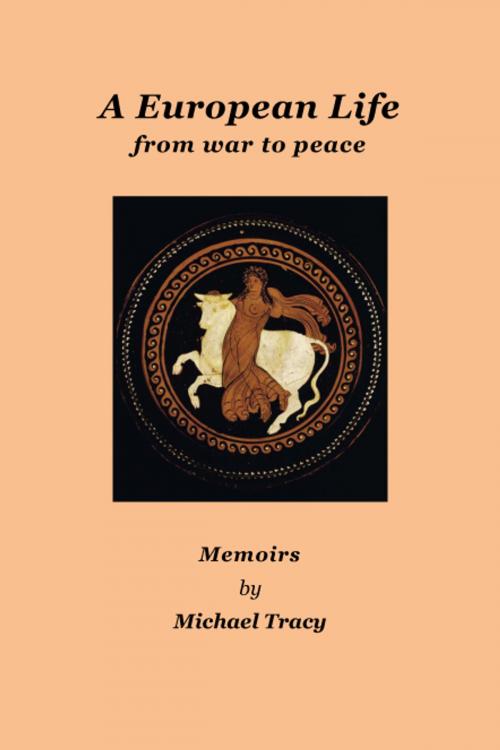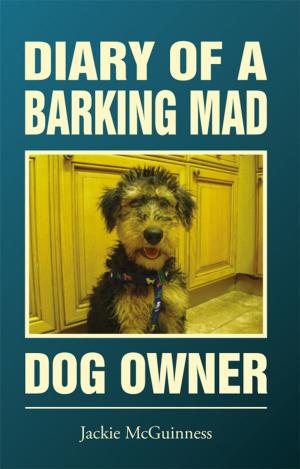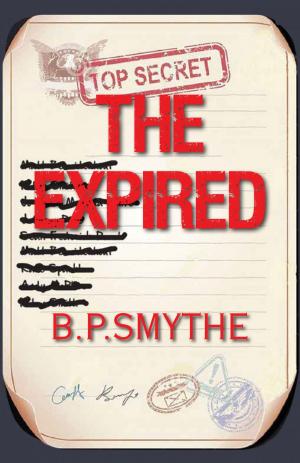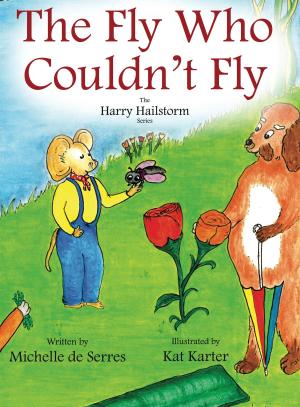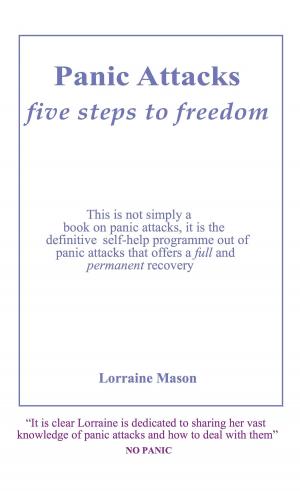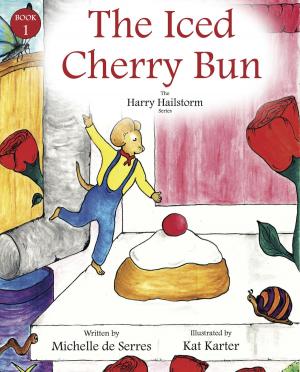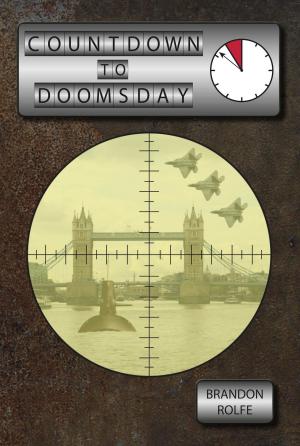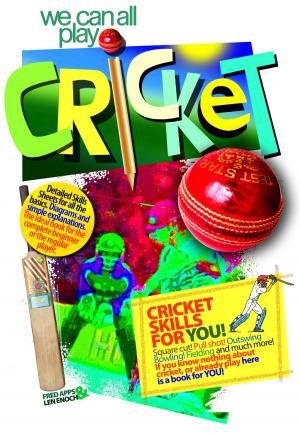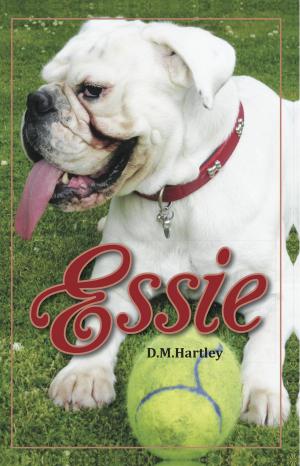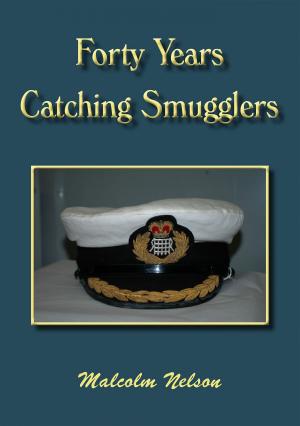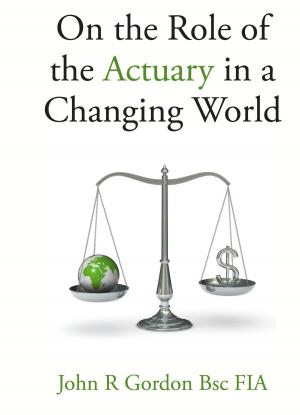| Author: | Michael Tracy | ISBN: | 9782930590028 |
| Publisher: | Dolman Scott Publishing | Publication: | August 8, 2012 |
| Imprint: | Dolman Scott Publishing | Language: | English |
| Author: | Michael Tracy |
| ISBN: | 9782930590028 |
| Publisher: | Dolman Scott Publishing |
| Publication: | August 8, 2012 |
| Imprint: | Dolman Scott Publishing |
| Language: | English |
"To those who think Europe matters, and even more so, to those who don’t”… Michael Tracy’s “Memoirs” recount his experiences from boyhood in wartime Scotland, through hi life in “public school” and university, to postings in various international organisations and a senior position within the European Union in Brussels; then to involvement in Russia and other Central/European countries in the 1990s. The book concludes with an assessment of current issues facing both the EU and Russia; also Britain in its relations with the EU. . . . . . Michael Tracy grew up in Scotland during the war of 193945. After gaining scholarships to Fettes College in Edinburgh, then to Cambridge University (studying Modern Languages, then Economics), he worked in international organisations and for ten years was a Director in the Council Secretariat of the European Union. He also pursued an academic career, writing on agricultural policy and economics and lecturing in various European universities, including Wye College in England and the College of Europe in Bruges. In Moscow in 1991 he witnessed at close quarters the collapse of the Soviet Union, and subsequently was involved in a new institute in St. Petersburg. Subsequently he had advisory and teaching roles in the countries of Central/Eastern Europe during their transition to market economies and accession to the European Union. His final chapter assesses the issues currently facing both the European Union and Russia. Taking the story up to May 2010, it discusses the prospects for the eurozone, and the implications of Britain’s new coalition government for Britain’s relations with the EU (a subject which he has followed from the outset in the late 1950s). This is not a history: it is a personal, lively and often humorous account of Michael Tracy’s experiences, in which personal contacts figure largely. Nor is it a tract for or against the European Union; on the other hand, it sheds a more human light on proceedings in “Brussels”. Graham Dalton of the University of Aberdeen admires the depth of knowledge at the heart of Michael Tracy’s memoir and concludes: “His thoughts on Europe are wellfounded, rounded and are to be taken seriously.” Michael Tracy has been President of the British Agricultural Economics Society and is an honorary member of the Académie d’Agriculture de France. His other main works are: Government and Agriculture in Western Europe, 18801988 (3rd edn. 1989); Food and Agriculture in a Market Economy – an introduction to theory, practice and policy (1993); and in retirement: The World of the Edwardian Child, as seen in Arthur Mee’s Children’s Encyclopædia 19081910 (2008). c After retirement, Michael continues to live mainly in Belgium, where he and his wife have a “hobby farm” with pedigree sheep. He also spends time in an Andalucian mountain village. His main hobby in both places is as an amateur pianist, is making music with friends.
"To those who think Europe matters, and even more so, to those who don’t”… Michael Tracy’s “Memoirs” recount his experiences from boyhood in wartime Scotland, through hi life in “public school” and university, to postings in various international organisations and a senior position within the European Union in Brussels; then to involvement in Russia and other Central/European countries in the 1990s. The book concludes with an assessment of current issues facing both the EU and Russia; also Britain in its relations with the EU. . . . . . Michael Tracy grew up in Scotland during the war of 193945. After gaining scholarships to Fettes College in Edinburgh, then to Cambridge University (studying Modern Languages, then Economics), he worked in international organisations and for ten years was a Director in the Council Secretariat of the European Union. He also pursued an academic career, writing on agricultural policy and economics and lecturing in various European universities, including Wye College in England and the College of Europe in Bruges. In Moscow in 1991 he witnessed at close quarters the collapse of the Soviet Union, and subsequently was involved in a new institute in St. Petersburg. Subsequently he had advisory and teaching roles in the countries of Central/Eastern Europe during their transition to market economies and accession to the European Union. His final chapter assesses the issues currently facing both the European Union and Russia. Taking the story up to May 2010, it discusses the prospects for the eurozone, and the implications of Britain’s new coalition government for Britain’s relations with the EU (a subject which he has followed from the outset in the late 1950s). This is not a history: it is a personal, lively and often humorous account of Michael Tracy’s experiences, in which personal contacts figure largely. Nor is it a tract for or against the European Union; on the other hand, it sheds a more human light on proceedings in “Brussels”. Graham Dalton of the University of Aberdeen admires the depth of knowledge at the heart of Michael Tracy’s memoir and concludes: “His thoughts on Europe are wellfounded, rounded and are to be taken seriously.” Michael Tracy has been President of the British Agricultural Economics Society and is an honorary member of the Académie d’Agriculture de France. His other main works are: Government and Agriculture in Western Europe, 18801988 (3rd edn. 1989); Food and Agriculture in a Market Economy – an introduction to theory, practice and policy (1993); and in retirement: The World of the Edwardian Child, as seen in Arthur Mee’s Children’s Encyclopædia 19081910 (2008). c After retirement, Michael continues to live mainly in Belgium, where he and his wife have a “hobby farm” with pedigree sheep. He also spends time in an Andalucian mountain village. His main hobby in both places is as an amateur pianist, is making music with friends.
